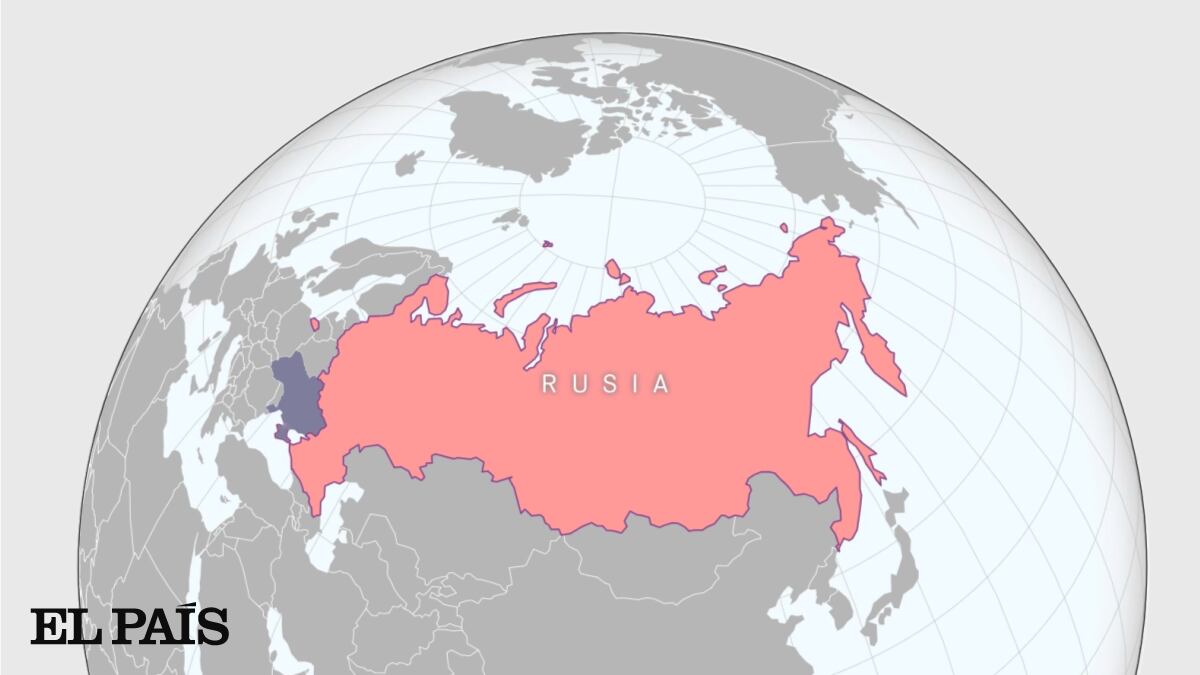Sharp criticism of China: EU and Japan close ranks
Created: 05/13/2022, 09:17
By: Sven Hauberg
EU Council President Charles Michel (left), Japan's Prime Minister Fumio Kishida and EU Commission President Ursula von der Leyen met in Japan for talks.
© Yoshikazu Tsuno/Pool/AFP
Human rights, geopolitics, supply chains and the Ukraine war: a lot revolved around China at the EU-Japan summit in Tokyo.
Munich/Tokyo – When Olaf Scholz flew to Tokyo at the end of April, he said it was “no coincidence” that his first trip as Chancellor to the region took him to Japan.
It was indeed a sign full of symbolic power - a nod to Tokyo, but also to Beijing.
Because Scholz's predecessors, Angela Merkel and Gerhard Schröder, always flew to China first.
But while Japan supports the sanctions against Russia because of the Ukraine war, Beijing continues to insist on its "rock-solid friendship" with Moscow.
According to Scholz, his visit was "a clear political signal that Germany and the European Union want to continue and intensify their commitment in the Indo-Pacific region".
The Chancellor praised Japan as a “value partner”;
He didn't say a word about China after the meeting.
On Thursday (May 12), EU Commission President Ursula von der Leyen and Council President Charles Michel continued Scholz' course.
They also traveled to Tokyo and met Prime Minister Fumio Kishida there for the 28th EU-Japan Summit.
Japan is considered the EU's most important ally in the region.
Unlike the Scholz visit, Beijing was no longer the elephant in the room that everyone sees but doesn't mention.
rather, the EU representatives openly addressed the role of China.
EU and Japan: Russia's pact with China is 'most direct threat to world order'
Von der Leyen said Russia was the "most direct threat to world order today, with its barbaric war against Ukraine" and "its troubling pact with China."
And when she announced that Japan and the EU wanted to enter into a deeper partnership with a focus on competitiveness and security of supply and to work together on digitization and the production of semiconductors, that was also a salute to Beijing.
"We have to be able to rely on trustworthy supply chains," says von der Leyen.
These supply chains are currently severely disrupted - not only because of the war in Ukraine, but also because of Beijing's merciless zero-Covid policy.
In Shanghai, which has been under a tough lockdown since the beginning of April, container ships are piling up in the port.
Referring to China, von der Leyen said Japan and the EU must work together on infrastructure investments in the region.
Investments "often have a price that nobody should pay", for example "interference with sovereignty".
If you want, you can take this as a direct criticism of Beijing's New Silk Road.
The EU is countering China's mammoth project with its own Global Gateway initiative.
EU and Japan: "Consultations on a more confident China"
In Japan, both von der Leyen and Michel emphasized the importance of the Indo-Pacific region for global security.
Michel said the EU and Japan wanted to "deepen their consultations on a more confident China."
According to von der Leyen, the EU wants to play “a more active role in the Indo-Pacific”.
The part of the world that stretches from the east coast of Africa across the Indian subcontinent to Hawaii is a "prosperous region" but also a "scene of tensions".
Von der Leyen also referred to “the situation in the East and South China Seas”.
China is asserting highly disputed territorial claims there, which not least also affect Japan.
In the joint final statement, the EU and Japan explicitly mentioned the Senkaku Islands, which are administered by Japan – but which China also claims for itself and calls the Diaoyu Islands.
EU and Japan: Exchange also on human rights in China
Neither side spared the issue of human rights.
"We will deepen our exchanges on China, especially on the political, economic and security dynamics, including the situation in Hong Kong, as well as on human rights, including in Xinjiang," the joint statement said.
In Hong Kong, where a few days ago a Beijing-expensive hardliner, John Lee, was appointed the new head of government, the government is taking a heavy hand against the remnants of the democracy movement.
In Xinjiang, China is reportedly holding hundreds of thousands of members of the Uyghur minority in re-education camps.
The Taiwan issue must be resolved "peacefully," it said.
Beijing regards Taiwan as part of its own national territory and is threatening military conquest of the democratically governed island.
The Russian attack on Ukraine initially sparked fears that China might be encouraged to invade soon.
Kishida now emphasized that the Ukraine war was "not just a European issue, but shakes the core of the international order, including Asia" and must "not be tolerated".
(sh)


/cloudfront-eu-central-1.images.arcpublishing.com/prisa/MOXXTLJT2Z6VEUX4YEOA3F4B2A.jpg)





